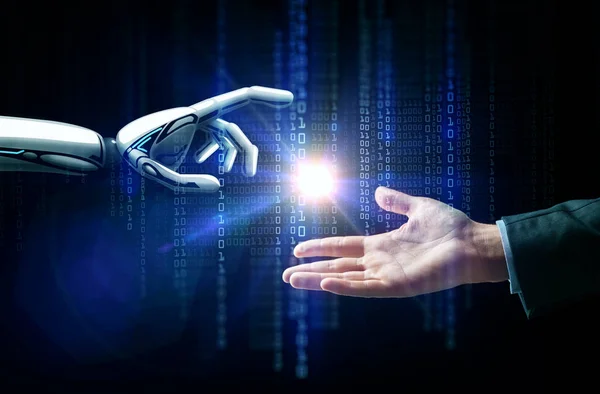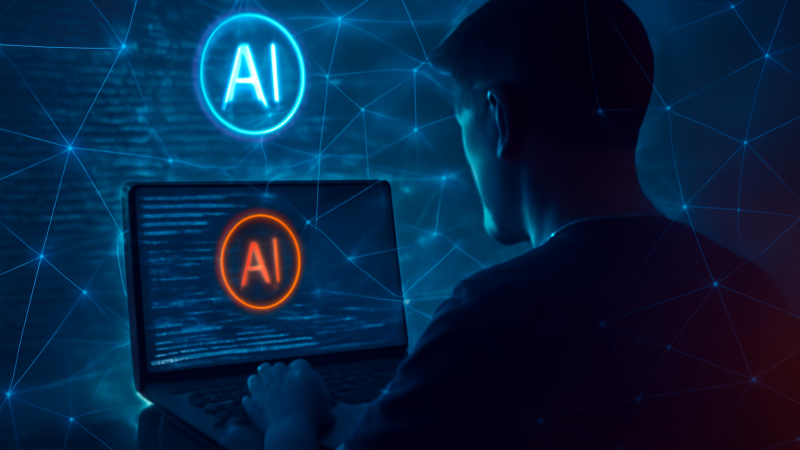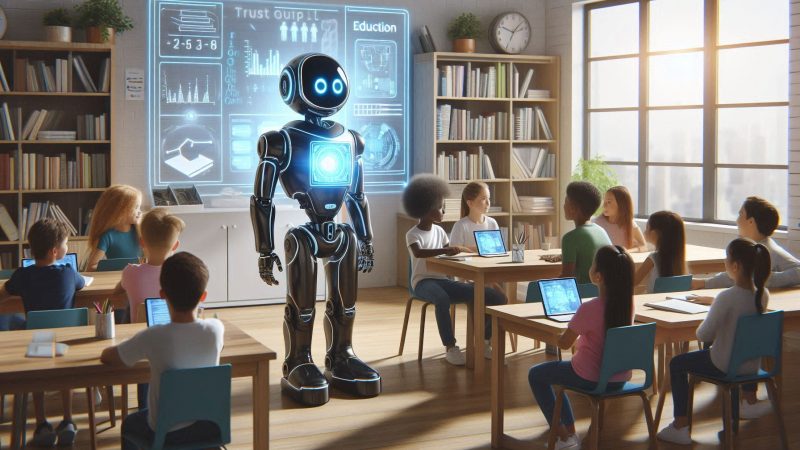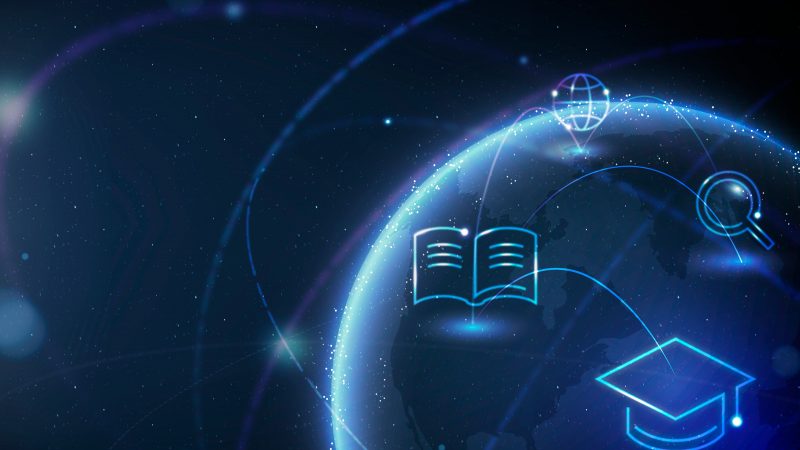10 Reasons How AI will Change careers and working set-ups

As artificial intelligence technology continues to evolve, it is changing the way we work and the types of jobs available. AI is opening up a wide range of interesting opportunities and disrupting traditional working setups, leaving us with some exciting potential for the future of our careers.
What is Artificial Intelligence and How Does it Impact Employment?
Artificial intelligence (AI) is a form of technology that involves machines and computer algorithms being able to mimic human intelligence in order to recognize patterns, make decisions, and solve problems. AI is revolutionizing many aspects of our lives—including the workplace.
AI applications are helping companies automate complex processes, making workplaces more efficient, reducing costs, and eliminating mundane tasks. This shift can sometimes create job losses in certain sectors as machines take over some of the roles previously carried out by humans.
Automation, Robotics, and AI: What are the Risks and Benefits?
While automation and robotic technology are a boon to businesses, it has become increasingly apparent that relying too heavily on automation can have a negative impact in the long run. Automation can lead to job losses in certain industries, resulting in workers struggling for employment or facing underemployment. It can also reduce the incentive for employees to use their own ingenuity or develop new ideas if machines can perform even more complex tasks better than humans in less time and with fewer resources.
However, AI also brings some key benefits including smoother workflows, improved customer service, greater access to data for analysis for decision-making as well as more time efficiency.
Reasons How AI will Change careers and Working Set-ups
Artificial intelligence (AI) is revolutionizing the way we live and work. From automation to personalization, AI is changing the way we interact with technology and how we do our jobs. Here are 10 ways that AI will change careers and working set-ups in the near future:
- Automation of repetitive tasks: AI can automate repetitive tasks and free up time for more complex, higher-level work. This means that some jobs will become obsolete, while others will be created to manage and maintain the technology. For example, self-driving cars will reduce the need for human drivers, but increase the demand for engineers who can design and maintain the vehicles.
- Increased efficiency and productivity: AI can analyze data and make predictions faster and more accurately than humans, leading to increased efficiency and productivity across industries. This could lead to more time and resources being allocated to areas that require human expertise and creativity.
- Personalization of products and services: AI can be used to personalize products and services, which can lead to more customized and satisfying experiences for customers. For example, AI-powered chatbots can provide personalized customer service, and personalized product recommendations can increase sales.
- Remote work: AI can enable remote work by allowing for virtual meetings and collaboration, which can increase flexibility for employees. With the use of AI-powered video conferencing, remote team members can communicate and collaborate as if they were in the same room.
- Development of new skills: As AI changes the nature of work, employees will need to develop new skills in order to be successful in the new job market. This includes skills such as data analysis, machine learning, and programming. Companies will have to invest in training and development programs to support their employees in acquiring these skills.
- Improved decision-making: AI can process large amounts of data, identify patterns and provide insights to support better decision-making. This can lead to improved performance and productivity in various industries.
- Predictive Maintenance: AI can be used to predict when equipment needs maintenance, which can help companies reduce downtime and increase efficiency.
- Cybersecurity: AI can be used to detect and prevent cyberattacks, which can help companies protect sensitive information and reduce the risk of data breaches.
- AI-powered virtual assistants: AI-powered virtual assistants can help employees automate routine tasks, schedule meetings, and manage their calendars.
- Personalized Learning: AI can be used to personalize learning for students and employees, which can lead to more effective and efficient education and training.
However, AI is rapidly changing the way we work and the nature of the jobs we do. It has the power to improve efficiency, productivity, and decision-making and it can also automate repetitive tasks, enabling people to focus on higher-level work. To stay competitive in the job market, it’s important for individuals and companies to adapt and acquire new skills that will be in demand in the future. As AI continues to grow and evolve, it’s essential to keep an open mind, be proactive and embrace the change.
The Advantages of AI in the Workplace
AI can help to decrease manual tasks, reduce human error and improve morale. This allows companies to embrace the potential of their workforce and dedicate more time and resources to solving new problems. Furthermore, AI also offers faster service times when compared to manual processes, which can be beneficial for both customers and employees. In addition, it helps to ensure workers stay safe by avoiding unnecessarily dangerous working conditions. AI systems can provide enhanced data analysis capabilities and advanced insights on customer demand forecasts and supply chain optimization —abilities that would be difficult for humans alone.
 Author Bio – Jyoti Yadav is a Senior Digital Marketing Manager and loves to write Technical and Trendy Blogs at IntellyLabs Technologies and is a total health fanatic. Her love for health and well-being fuels her creative spirit and allows her to stay mindful and productive. She loves reading books, and novels and listening to podcasts! Apart from work, she loves to travel around the world and discover new places.
Author Bio – Jyoti Yadav is a Senior Digital Marketing Manager and loves to write Technical and Trendy Blogs at IntellyLabs Technologies and is a total health fanatic. Her love for health and well-being fuels her creative spirit and allows her to stay mindful and productive. She loves reading books, and novels and listening to podcasts! Apart from work, she loves to travel around the world and discover new places.






